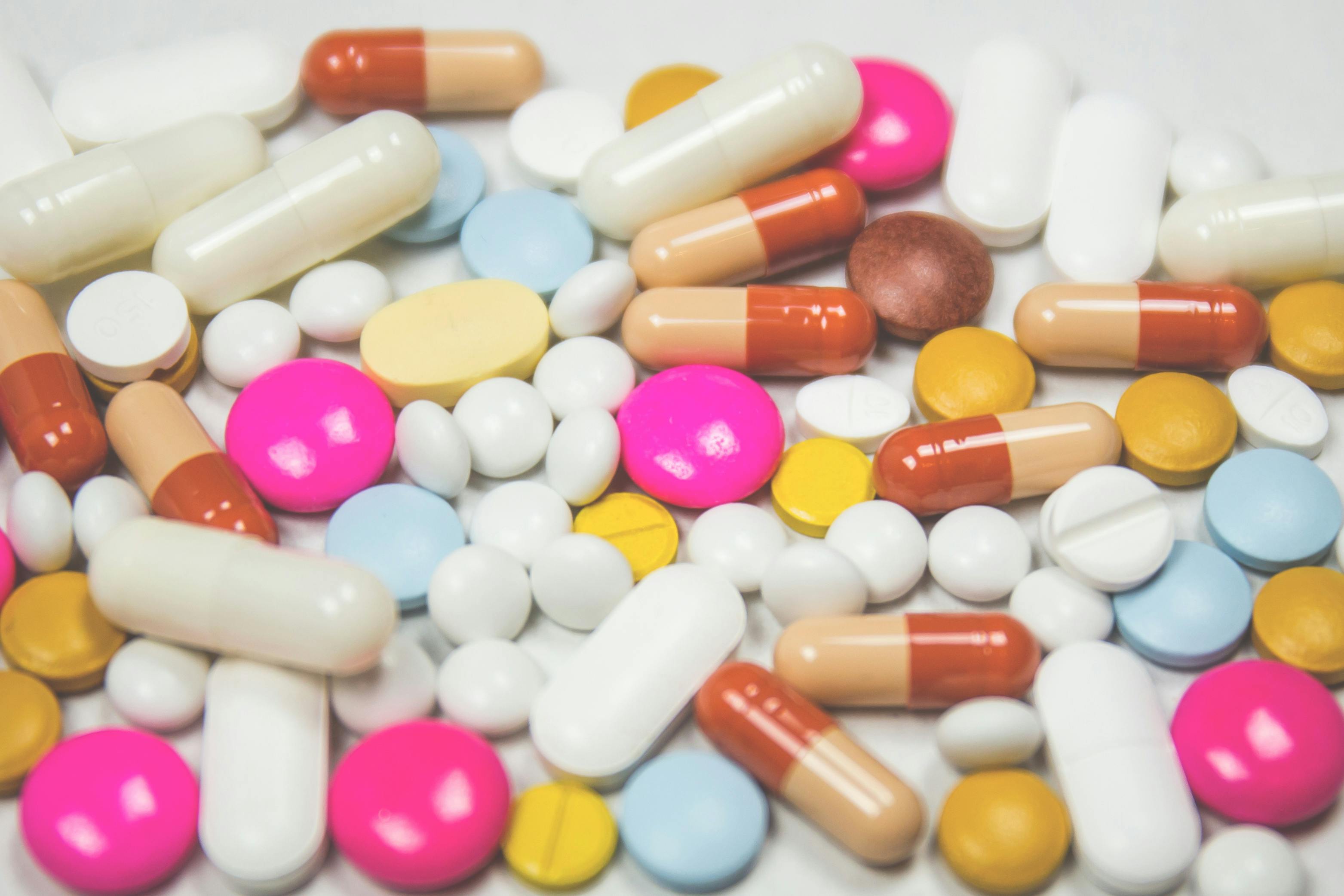Most people want to lose weight, and while the details of each individual method vary, for the most part it involves cutting calories and increasing exercise. Less carbs, more time on the treadmill = weight loss. Simple. But what is happening inside your body? What makes your system burn fat instead of muscle? Are you sure you are burning fat and not muscle? Why can such a simple formula be quite difficult to put into practice? Why are we so hungry, why is it easy to lose fat at first and then it gets harder and harder? What happens inside our body when we diet?
When you reduce your caloric intake and increase your caloric expenditure, your blood glucose and insulin levels decrease. Glucose is the energy source that food breaks down into, and insulin is what your body uses to propel that energy into fat, muscle cells, and the liver. Therefore, less food equates to less energy and a consequent decrease in the amount of insulin needed to process it. This drop causes your body to turn to fat as an energy source, which is great! Catecholamine is released, which further triggers the use of fat by the body, which causes the amount of fatty acids in the blood to increase, leading to increased fat burning in the muscles and liver, and looking for an energy source to replace glucose.
So, in effect, glucose and insulin drop, causing your body to recruit fatty acids from your fat stores, which are then used by your liver and muscles for fuel. It becomes mildly resistant to insulin, as your body no longer wants to store glucose, but instead to use it, with the side effect of helping you burn even more fat. These are all good things, but not all.
Your fat acts like your own endocrine system, releasing hormones like leptin, ghrelin, and others. By reducing the number of fat cells by doing this, you decrease the amount of hormones that are released, alerting your brain to fat loss. Then your brain assumes that you are not eating enough, which slows down the metabolism of your liver, muscles, and fat cells. Decreasing insulin causes fat mobilization, but it also causes testosterone to bind better to sex hormone transporting globulin, reducing the amount of free testosterone in your system, while cortisol increases. This causes protein / muscle breakdown through your liver, as well as a decrease in protein synthesis as your body deprioritizes muscle development. You basically start to lose muscle.
So the consequence of dieting is that muscle breakdown exceeds muscle development, and hormone levels drop so metabolism slows down. This causes you to burn less fat, slow or stop muscle building, and disrupt your immune and reproductive systems (not considered important when you’re starving). What’s more insidious is that all this slowing down means your body will go back to revving when it starts getting enough food. And that acceleration will result in regaining all of your fat.
Therefore, dieting is a complex process that becomes more difficult as you progress. Losing weight is easy at first, but within a few days your metabolism slows down, your immune and reproductive systems fail, you begin to break down your muscles, and all your losses will be recovered when you start eating normally again. How can you avoid this bounce when you reach your desired weight? One word: exercise. But that’s material for another article.



